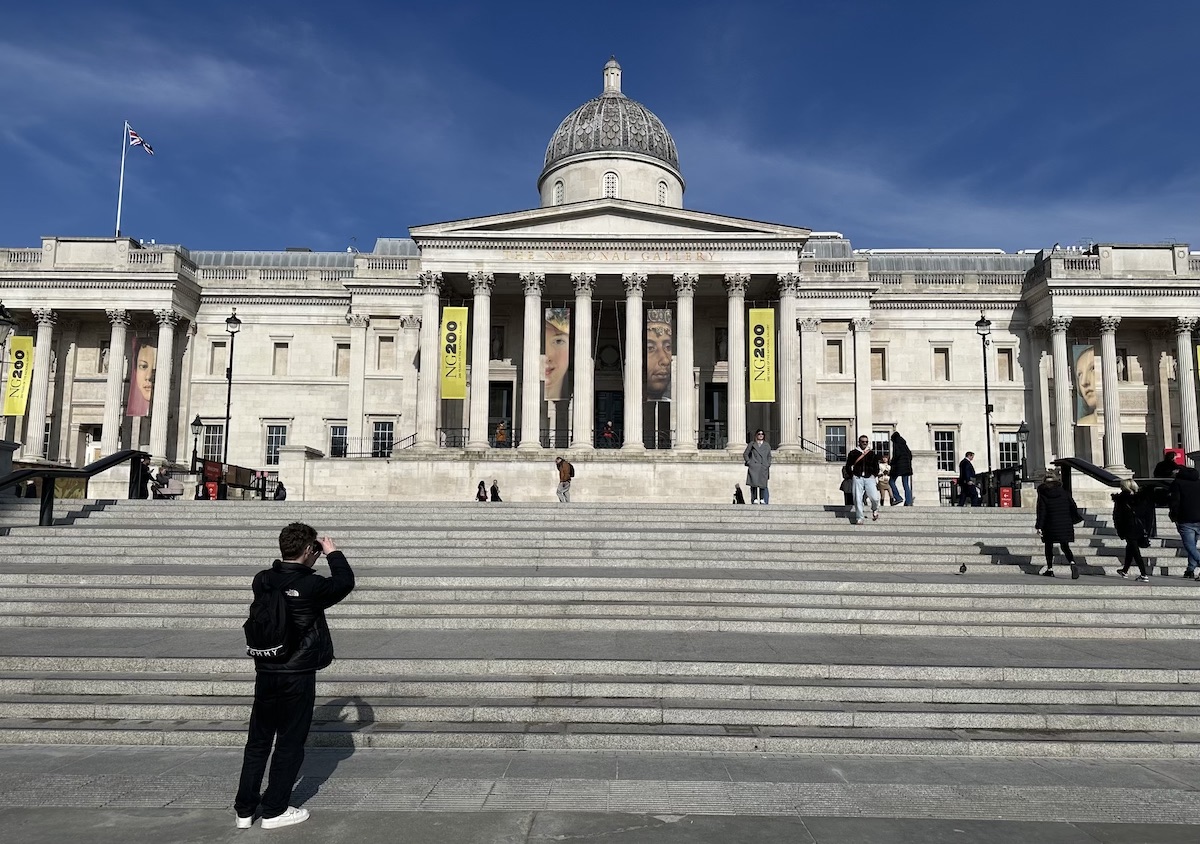Rumblings around Whitehall suggest that Arts Council England (ACE) may be about to lose one of its most fundamental powers: the right to decide who gets the money. A government review, led by veteran Labour peer Baroness Margaret Hodge, has been quietly working its way through the machinery of policy since early this year, and its outcome could redraw the cultural map. At stake is control of nearly £800m annually, the bulk of which comes directly from the Treasury.
Culture Secretary Lisa Nandy has already hinted at the direction of travel. She told the Culture Select Committee last week that her department has no intention of pourig new funds into ACE’s troubled grant management system, Grantium, which crashed spectacularly in July, leaving thousands of applicants stranded. The portal has limped back into service, but confidence has not recovered. Nandy’s line was blunt: “It is a matter for them. We didn’t get additional money in the spending review to give them a new system.” Behind this practical frustration lies a deeper question: what is ACE for, and who should be calling the shots?
Grantium’s breakdown in late July was more than a passing hitch. The portal froze on 23 July at the height of a funding round, laying bare the weakness of a system many applicants had long criticised as cumbersome and unreliable. Groups dependent on National Lottery Project Grants suddenly found themselves stuck, their schedules unravelled and work suspended. ACE has since improvised a phased reopening—smaller bids under £30k returned in mid-September, with higher-value applications due at the end of the month—but confidence in the process has already taken a hit.
For Nandy, the fiasco was evidence that ACE has struggled to manage its own infrastructure. While DCMS staff provided emergency support, no bailout was forthcoming. At the same time, Nandy confirmed her own department will shrink its workforce by 5% during the current spending review, with efficiency drives cutting through a staff base already stretched across heritage, media, and sport.
The review by Baroness Hodge is where the fundamental structural change could come. Early briefings suggest the government may not abolish ACE outright—it remains too enmeshed in the delivery of cultural funding—but its authority could be curtailed. One model under consideration would see regional mayors, such as Andy Burnham in Greater Manchester or Richard Parker in the West Midlands, given greater power to decide where the money goes.
The move mirrors a broader hollowing out of arm’s-length bodies across Whitehall. NHS England has already been pared down, and in culture the logic is similar: shifting budgets to local authorities suits the language of “levelling up,” even under Labour, by presenting power as rooted closer to communities.
A source at DCMS hinted at another motivation: resentment that ACE garners public credit for distributing funds that, in reality, flow almost entirely from government coffers. Of last year’s £798.3m income, some £548m came straight from the Exchequer.
ACE insists it welcomes the review, just as it did during its last inspection in 2017. Its public statements stress its record of spreading investment more widely over the past decade, reaching towns and cities that had previously been overlooked. “We are constantly working to provide the best for the public,” the Council declared, “supporting artists, arts organisations, museums and libraries to create excellent work for people in villages, towns or cities.”
Yet the subtext is clear: its future role may be more minor, more advisory, and less autonomous. LBC has reported that ACE will likely remain a national body, but with a reduced remit once the Hodge review lands.
Baroness Hodge herself has declined to comment until her recommendations are complete. The report is expected next year, just as DCMS wrestles with departmental cuts of 1.4% over the spending review period, announced by Chancellor Rachel Reeves in June.
Recent changes at DCMS hint at further upheaval. The reshuffle placed Baroness Twycross in charge of museums and heritage, while Ian Murray was given responsibility for creative industries, media and the arts. The shake-up comes just as ACE’s remit is being questioned.
For many in the sector, the moment could hardly be more fragile. ACE underpins hundreds of organisations—from national theatres and opera houses to regional galleries and grassroots groups. Handing those decisions to elected mayors unsettles some: advocates say it might bring funding closer to local priorities, while opponents warn of a postcode lottery in which access to culture is shaped by the leanings of individual leaders.
ACE was created as an arm’s-length body to shield culture from political interference, distributing funds based on expertise rather than electoral expediency. Its current ten-year strategy, Let’s Create, is steeped in the language of access and inclusion, aiming to ensure everyone has the opportunity to engage with high-quality cultural experiences. But if Hodge’s review recommends devolved decision-making, that principle could be tested.
The question is not just about the machinery of government. It is about the nature of cultural value. Is ACE primarily a development agency, championing innovation, diversity, and excellence in the arts? Or is it simply a distributor of taxpayers’ money, a conduit that regional authorities could just as easily replace?
Nearly 1,000 organisations stand to be affected by whatever model emerges. The government has promised that no final decisions will be taken until Hodge’s review concludes, but the direction is unmistakable: the centre is loosening its grip.
ACE now finds itself squeezed from both directions—berated for system failures while also accused of hoarding the credit for public investment. For the wider sector, the greater anxiety is splintering: a national framework giving way to a patchwork of uneven support.
Whether talk of ACE being “put out to pasture” proves accurate is still unclear. What is certain is that the terrain of cultural funding in England is shifting, and the consequences will extend far beyond the mechanics of Grantium. This is not the time to take your eye off the ball. – PCR © 2025

